- About
- Programmes Offered
- Staff
- Syllabus
- Vision
- Mission
- Program Educational Objectives( PEOS)
- Laboratories
About The Department:
The Department of Information Technology was started in the year of 2007 with an intake of 60 in Bachelor of Technology Programme. It is the one of the most rising programme in SRKIT. As IT plays an extraordinary key role in any sector, due to this the need of Information Technology Engineers improved who could achieve Good knowledge in recent technologies. Our Department is associated with CISCO Net Academy Centre, AP State Skill development CM Excellence centre and ICT Academy.
The Department is periodically organizing Workshops, Guest Lecturers, Seminars, Faculty Development programs and Conferences for the benefit of both the students and the staff, and also Personality Development programs are frequently conducted to enrich the students. These programmes help in imparting and developing soft skills which help the students to improve the commitment at all levels. The Department is focusing on doing projects like NATGRID, Python Projects, ANDROID Apps, BIGDATA Analytics and Machine Learning Projects.
| Under Graduate | Intake |
|---|---|
| B.Tech( Information Technology) | 60 |

Dr.D.K.KISHORE GALLA

Ms. SRILAKSHMI GANTA

Ms. A.VEDA SRI

Mr. MOSHEDAYAN SIRAPANGI

Ms. PALADUGU SAI CHARITHA

Dr. N. NEELIMA PRIYANKA
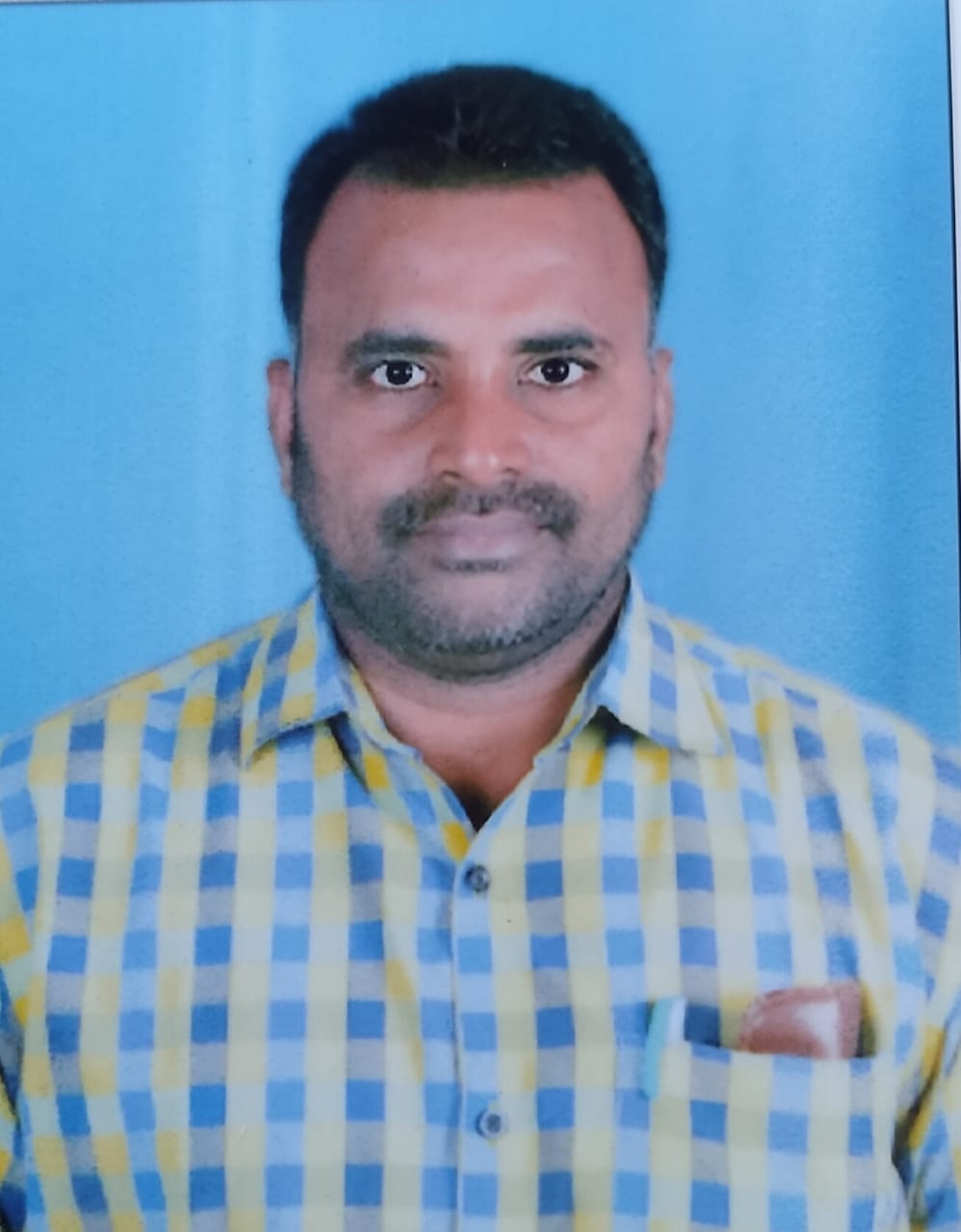
Mr. SHAIK BHASHA

Ms. AMRITHA MISHRA

Ms.Y.V NANDINI
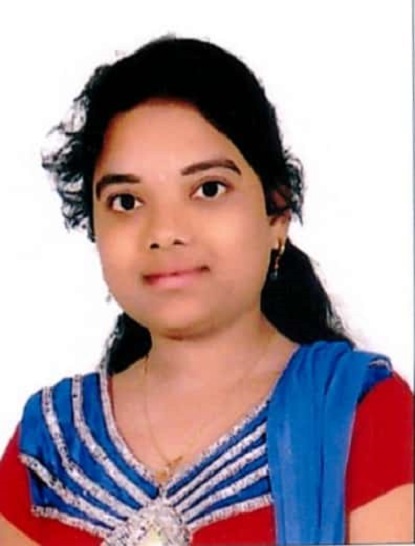
Ms. A.AKHILA
MISSION
-
1. To impart value-based IT educationthrough enriched curriculum and impactful teaching learning.
2. To inspire students towards self-learning, higher education and research with ethics by industry institute interaction.
3. To encourage innovation, leadership, communication skills, and motivate them towards entrepreneurship.
Programme Educational Objectives (PEOs):
1. To identify, formulate and develop efficient problem solving skills to meet the needs of current and future industry.
2. To inculcate a passion towards higher education, research, lifelong learning and provide cost effective technological solutions to society.
3. To develop team spirit, logical skills and leadership qualities to become successful engineers and entrepreneurs.
JAVA PROGRAMING LAB
This lab is for III B.Tech I semester for IT students for Advanced Java Programming Lab. The basic and subject-specific software’s are installed into all the systems. A white marker board has been provided in this lab to demonstrate various concepts. In fact, Java is the software of choice for more software engineers than any other brand of software. ADVANCED JAVA PROGRAMING (or) AJP in short refers to the technology, to develop skills in students in developing applications using advanced concepts of advanced Java programming concepts like JDBC, Servlets, JSP, Java Beans, etc.
The expected outcomes from the students are:
1. After successful completion of course, students will be able appreciate and apply the advanced concepts of Java including, Servlets, JSP, Java Beans, etc.
2. The student to learn the Internet Programming, using Java Applets and to access database through Java programs, using Java Data Base Connectivity (JDBC).
UNIFIED MODELING LAB
This lab is For IT students and is aimed at acquaint the students with UML.UML (Unified Modeling Language) is a standard language for specifying, visualizing, constructing, and documenting the artefacts of software systems. UML is a pictorial language used to make software blueprints. UML is not a programming language but tools can be used to generate code in various languages using UML diagrams like Class diagram, Usecase diagrams etc., using Rational Rose software. UML has a direct relation with object oriented analysis and design and can be used to model ATM, Library Management etc, case studies.OUTCOMES:
• Understand the Case studies and design the Model.
• Understand how design patterns solve design problems
• Develop design solutions using creational patterns.
Free and Open Source Software Lab
This lab is for III B.Tech I semester for IT students for Unix and Operating Systems Lab. The basic and subject-specific software’s are installed into all the systems. A white marker board has been provided in this lab to demonstrate various concepts. In fact, UNIX is a family of multitasking, multiuser computer operating systems that derive from the original AT&T Unix. The laboratory exercises will include familiarization with UNIX system calls for process management and inter-process communication; Experiments on process scheduling and other operating system tasks through simulation/implementation.
The expected outcomes from the students are:
• To use Unix utilities and perform basic shell control of the utilities
• To use the Unix file system and file access control.
• To use of an operating system to develop software
• Work confidently in Unix/Linux environment
• Write shell scripts to automate various tasks
• Master the basics of Linux administration
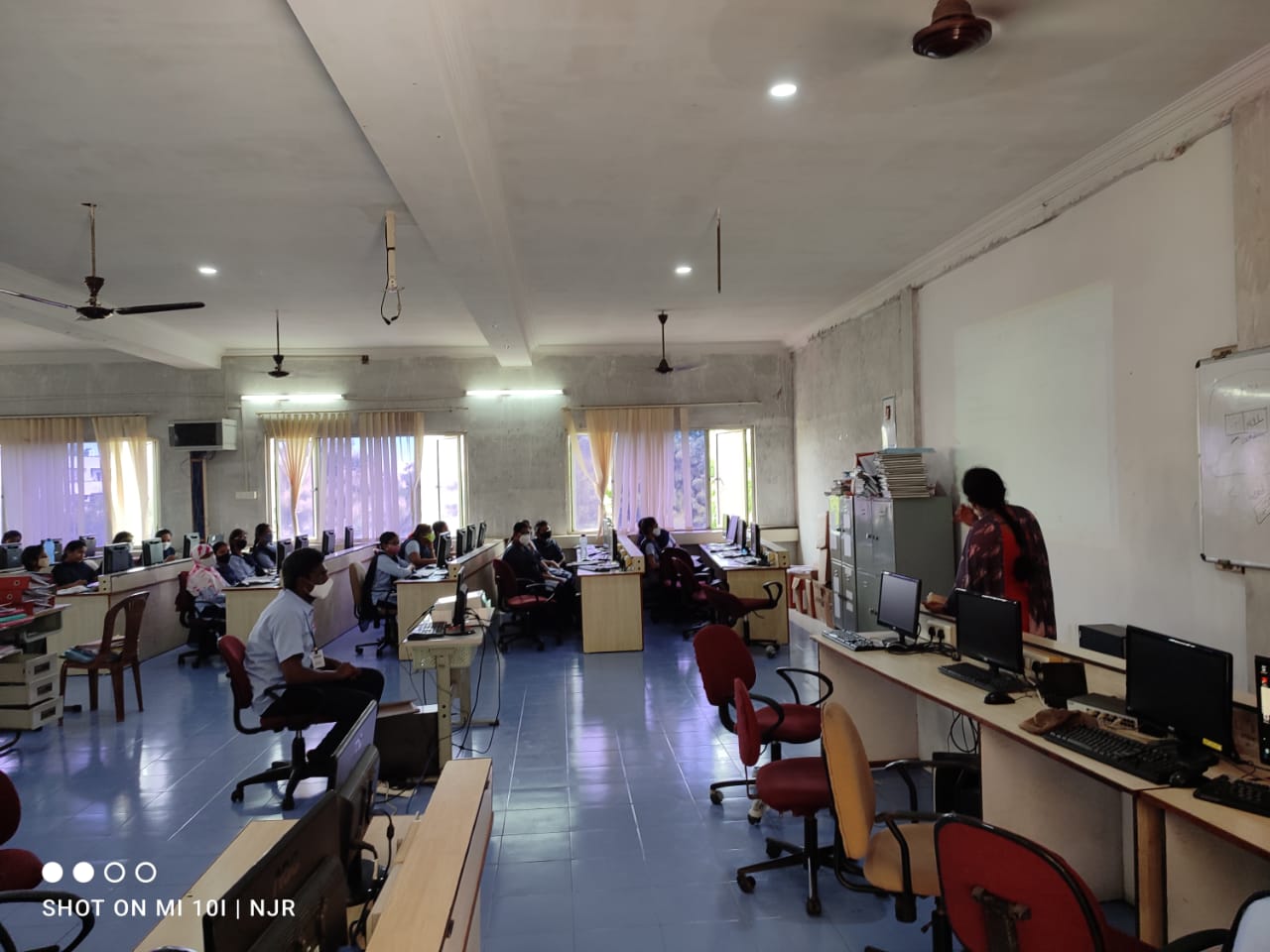
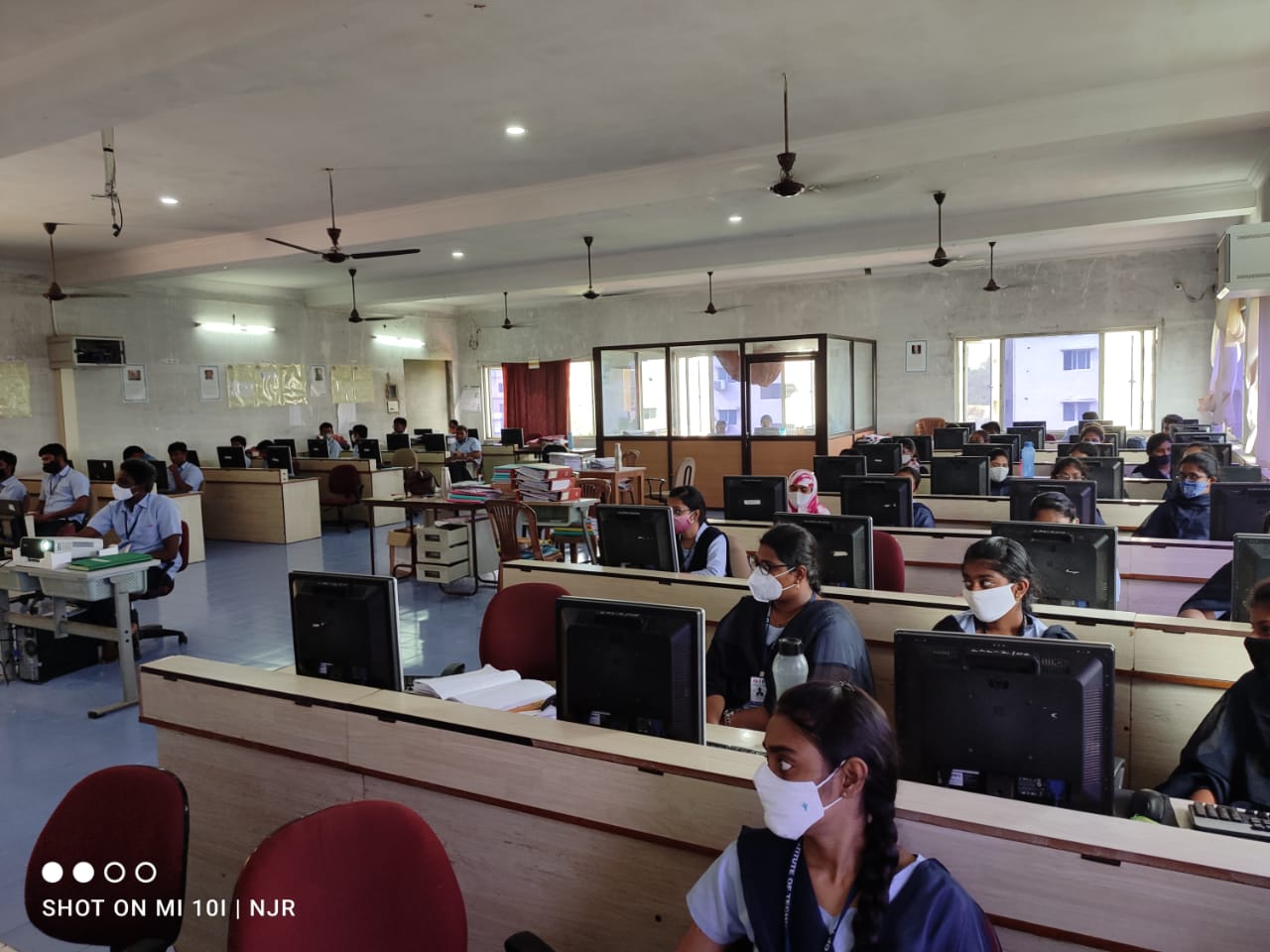
WEB TECHNOLOGIES LAB
This lab is part of III B.Tech for IT students. This Lab deals with the concepts of web technologies that deal with the interaction between web servers and their clients. The main objective of the course is to make the students acquaint with the basic web technology concepts that are required for developing web applications. The key technology components include World Wide Web core technologies HTML, CSS and JavaScript and Server side programming languages PHP, Ruby and Perl. In addition the course gives specific contents that are beneficial for developing web-based solutions, like relational data-base communication basics. The students are expected to practice and implement the above mentioned technologies with recommended systems/software requirements by following the university prescribed textbooks and Lab manuals. The expected outcomes from the students are:• To develop static web sites using XHTML and Java Scripts
• To implement XML and XSLT for web applications
• To develop Dynamic web content using PHP,Ruby on Rails,Perl
• To develop DataBase connections and implement a complete Dynamic web application
R&D (or) PROJECT LAB
The objective of this under graduate lab is to create experts and professionals in information technology with a view on developing skills that are able to match the demands of the complexities of present generation IT industry. This lab is directed at creating a logical understanding of latest technologies and their applications. Issues pertaining to Machine Learning, Deep Learning, Soft computing, cloud computing and optimization are focused.

ADVANCED PROGRAMMING LAB
This lab is part for IT students. This Lab deals with the concepts of Advanced technologies like Python, Data mining with R. The expected outcomes from the students are:• Write, Test and Debug Python Programs • Use Conditionals and Loops for Python Programs • Use functions and represent Compound data using Lists, Tuples and Dictionaries • Use various applications using python • Use various applications using R Programming like Data Creation, analyzing the data and Data Visualization.
DATA BASE MANAGEMENT SYSTEMS LAB
This lab is for III B.Tech I semester for IT students for Database Management System Lab. The basic and subject-specific software’s are installed into all the systems. A white marker board has been provided in this lab to demonstrate various concepts. Database Management System or DBMS in short refers to the technology of storing and retrieving users’ data with utmost efficiency along with appropriate security measures. This lab enables the students to practice the concepts like information-oriented data-processing oriented framework, good formal foundation on the relational model of data, PLSQL, conceptual design, logical design and an overview of physical design, data schemas, data independence, storage and file structure and much more in the DBMS subject by developing a database.
The expected outcomes from the students are:
• Understand, appreciate and effectively explain the underlying concepts of database technologies
• Design and implement a database schema for a given problem-domain
• Normalize a database
• Populate and query a database using SQL DML/DDL commands.
• Declare and enforce integrity constraints on a database using a state-of-the-art RDBMS
• Programming PL/SQL including stored procedures, stored functions, cursors, packages.
• Design and build a GUI application using a 4GL
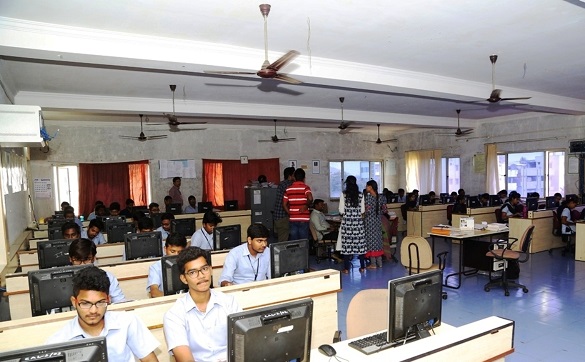
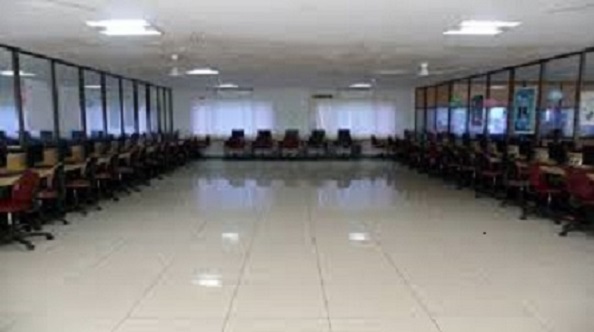
Achievements
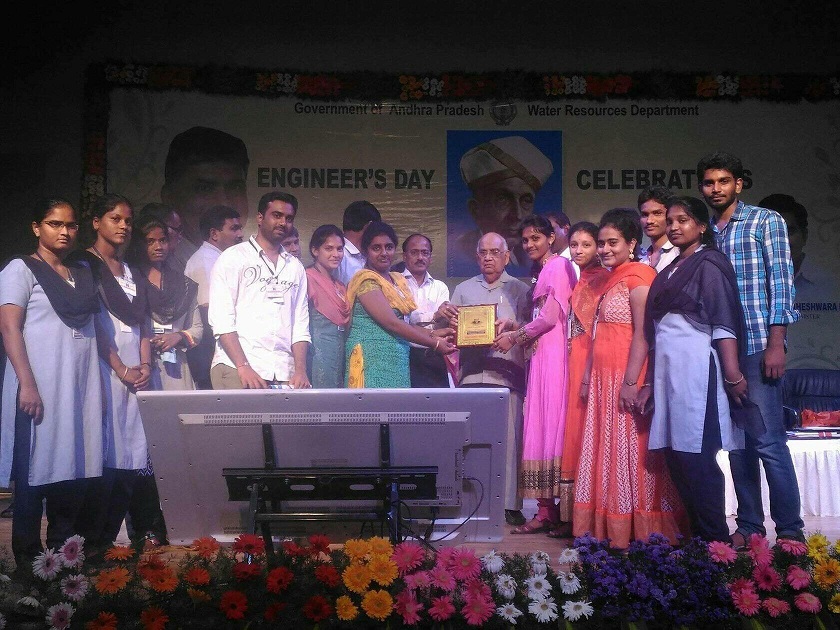
Department Activities
Civil Engineering Department has been conducting different activities for faculty and students such As Faculty Development Programs, Workshops, Seminars, Guest Lectures and Training programs on new technologies for the benefit of Civil Engineering students. Department also encourages the students to participate in different events such as paper presentations, poster presentations, model making, quizzes and cultural activities conducted by other colleges. Department of Civil Engineering also arranges Industrial Visits and field trips. Department made arrangements to send the students for internship programs to acquire Practical knowledge which is more useful for their carrier.
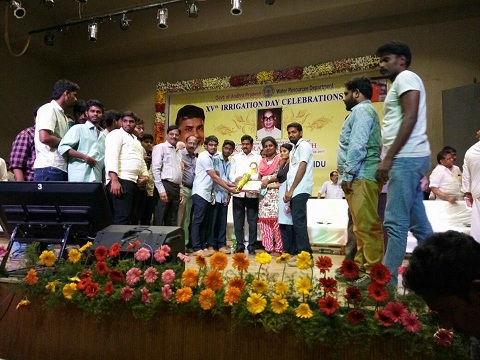
Projects
Get the latest SRKIT news and information about upcoming events on campus.

